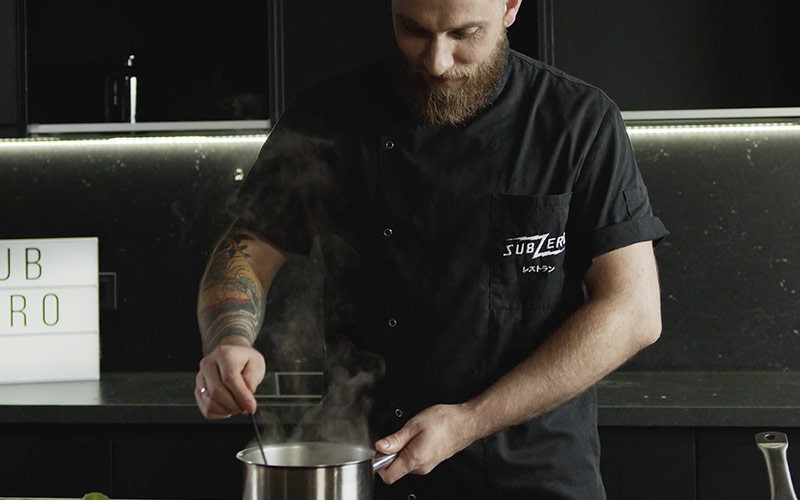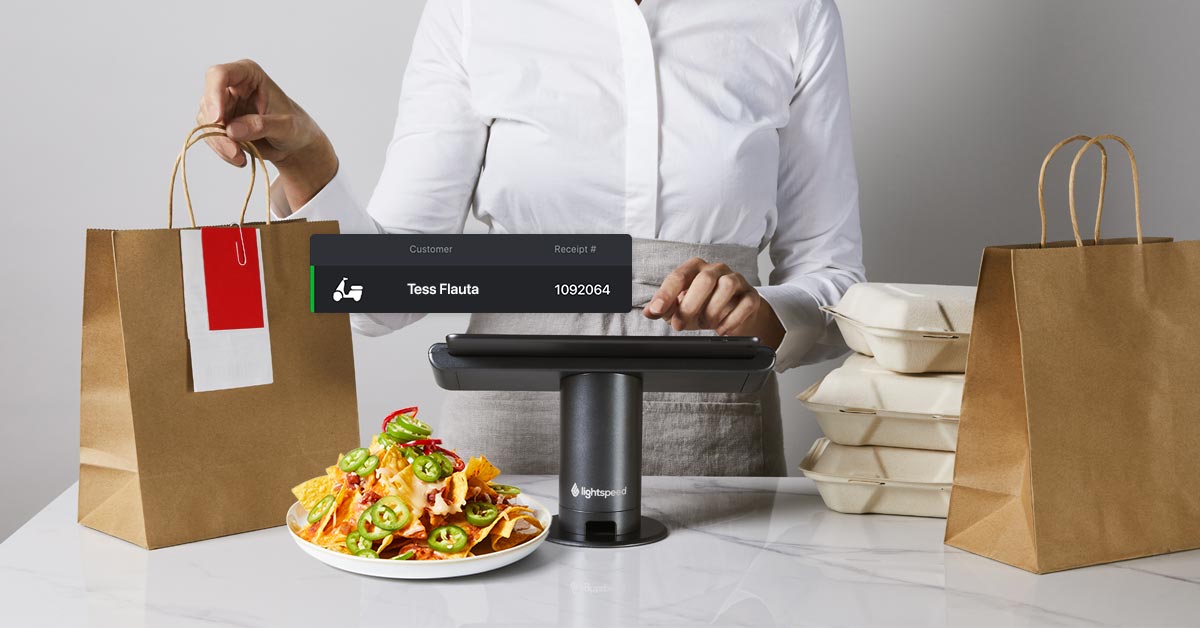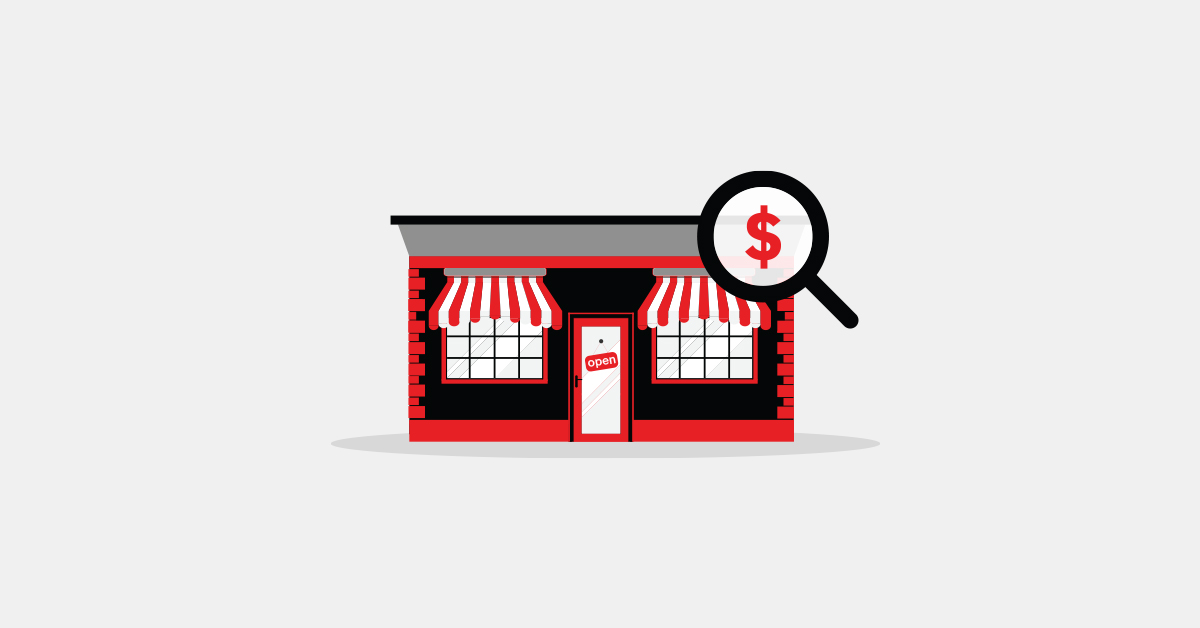
So you want to start your own restaurant consulting business. It might seem like a far-off dream; however, you can make that dream a reality with a solid plan. Here are 9 expert tips for starting your own consultant business:
- Get hospitality education
- Gain hands-on experience
- Build your network
- Document your work
- Understand the laws
- Build your website
- Invest in marketing
- Start small
- Collect reviews and references
Help your business thrive in the new era of hospitality
Our free guide will walk you through the future-proof restaurant tactics that’ll add flexibility to your business—a key to thriving in the new world of hospitality.
9 Tips for Starting a Restaurant Consulting Business
1. Get a hospitality education
If your goal is to start your own restaurant consulting business, a degree or formal qualification in hospitality, management or culinary arts is a great first step. An academic background will set the foundation for understanding the hospitality industry and the specific needs of a restaurant.
Your educational background will provide technical, bureaucratic and business information related to hospitality, and you’ll also gain knowledge in:
- Food service essentials, including food safety procedures and presentation standards
- Financial competency, including the fundamentals of accounting and financial management
- Interpersonal skills, including conflict resolution and staff management
- Marketing tactics, including customer data analysis
2. Gain hands-on experience
An academic background in management and hospitality will provide all the necessary technical knowledge to work as a consultant. However, real life experience will prepare you for the fast-paced nature and day-to-day tasks of running a restaurant. You will learn how to manage people, train staff, resolve issues, design a menu and much more through firsthand experience.
To become the best consultant, try to work in a range of restaurants and in as many positions as possible. This way, you will understand the business from different perspectives and on many levels.
Working with notable chefs and restaurant groups will also enable you to build a network of contacts when you launch your consulting business. These contacts will provide challenging and successful environments to sharpen your skills, and your employers can provide you with references and reviews that will help you grow your business.

3. Build your network
Restaurants are in the business of people, and it requires a lot of hands to open and run the business successfully. If you want to become an effective consultant, create a strong network of people to facilitate the process of opening and operating a restaurant.
Having contacts within the city council, health and fire departments, and food industry will help expedite many of the procedures that will be a part of your job. These contacts will be essential for executing your work properly. Building networks through your academic institution and restaurant experience is the smartest way to grow your community organically.
Furthermore, your value as a consultant will increase with the number of strong contacts in the industry. Your network will also be an incredible resource for word of mouth exposure that will help to expand your business.
4. Document your work
As you gain experience in the restaurant industry and carry out tasks that are noteworthy, keep track of your work so that you can include them in your portfolio and your website. Anything from executing a big event to implementing new workflows are worth documenting.
Take photos of any restaurant-related work you do, any concepts you come up with and any contributions you have made. The photos, reviews, and content will be useful when designing your website and marketing your business.
5. Understand the laws
Every state, county and city has different laws pertaining to restaurants. There are various restaurant licenses and permits required for each area and different authorities you will need to contact. Therefore, when you decide to grow your consulting business, become well versed in the specific hospitality laws in that area. This will help you consult with knowledge regarding the area’s specific rules and standards. Knowing all the building, health and safety codes will make you a great asset to a restaurant owner who might not have that kind of knowledge.
6. Build your website
Business professionals have effective, informative and eye-catching websites. Therefore, if you want to start your consulting business, invest time and energy to create a website that will attract potential customers. Your website should include:
- About Us: A brief and compelling elevator pitch that tells potential customers who you are and why you are qualified for the position
- Services: A list of the services you offer and a range of the costs for each
- A portfolio of your work: A page dedicated to displaying the restaurants you have worked for and the contributions you made
- Contact information: A contact form with links to your social media channels
You might want to consider including a blog on your website for marketing and SEO purposes. Not sure where to start? Write about your experiences, provide informational resources, or interview restaurateurs or fellow consultants about best practices.
7. Invest in marketing
Although word of mouth is the best way to promote your restaurant consulting business, there are ways to improve your digital marketing to make sure you appear in online searches. Writing informative and original blog posts, maintaining your social media channels, and opening Yelp and Google My Business pages will increase your website’s visibility online.
There are effective ways to promote your business without breaking the bank. If you feel like you can learn more, don’t hesitate to take some marketing and SEO courses to take small steps to market your business.

8. Start small
To get your big break, you need to have your first consulting experience. In the beginning, you might want to offer to work for discounted prices just to get your foot in the door and build your resume. When starting your consulting business, you have to start somewhere, so stay open to opportunities big or small and build good relationships. Take on a task that you can manage and succeed in to ensure good reviews and customer satisfaction.
9. Collect reviews and references
In order to build your brand and gain credibility, encourage your customers, employers and anyone you have worked with to review your company online. Make sure you’re responding to any negative reviews, and don’t be shy to ask happy customers to be your references. You can create case studies of your best clients and your best work as a resource for potential customers.
Why do restaurants need consultants?
The hospitality industry is continuously shifting due to changes in consumer trends, technological advances and hospitality laws. If your menus are stale, it’s often worth the investment to hire a food consultant to refresh your kitchen or beverage consultant to take your bar menu up a notch. You can also stay up to date with the industry by:
- Consistently reading restaurant-related publications, such as Eater, Modern Restaurant Management, QSR, Nation’s Restaurant News and Food Tech Connect.
- Staying connected with other people in the industry. You can always learn from your peers.
- Taking workshops and attending conferences.
Want to learn more about how equipment and software can take a restaurant to the next level? Chat with one of our experts now!

News you care about. Tips you can use.
Everything your business needs to grow, delivered straight to your inbox.



